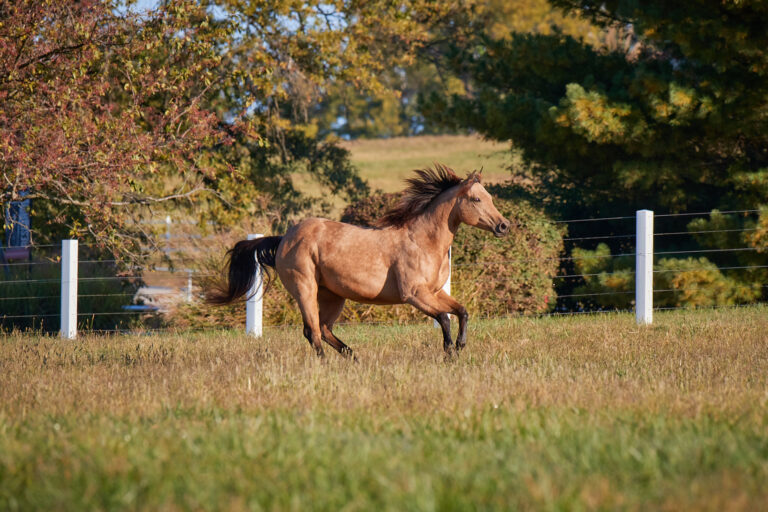
Sometimes a horse must undergo repeated surgeries under general anesthesia. Despite a low fatality rate associated with general anesthesia (less than 1%), 70% of fatalities during recovery from general anesthesia are caused by catastrophic fractures incurred during poor recovery. An innate flight-or-fight reflex encourages a horse to attempt to rise prematurely before coordination and strength are restored.
Using eight adult horses undergoing general anesthesia for multiple (six) MRI imaging events over 14 weeks, a study at Texas A&M University set out to evaluate the effects of multiple anesthetic episodes on recovery (Platt, J.P.; Simon, B.T.; Coleman, M.; Martinez, E.A.; Lepiz, M.A.; Watts, A.E. The effects of multiple anesthetic episodes on equine recovery quality. Equine Veterinary Journal, Aug 2017, epub). The horses were videotaped for observation of duration of recumbency, balance, coordination, knuckling, strength and time to full recovery.
It turns out that with an increasing number of anesthetic events, the horses recovered better, with improved balance and coordination and less knuckling over. There seemed to be a learned response over each anesthetic recovery event.
Neither acepromazine nor xylazine interfered with the horses’ abilities to learn and become habituated to the anesthetic experience.









